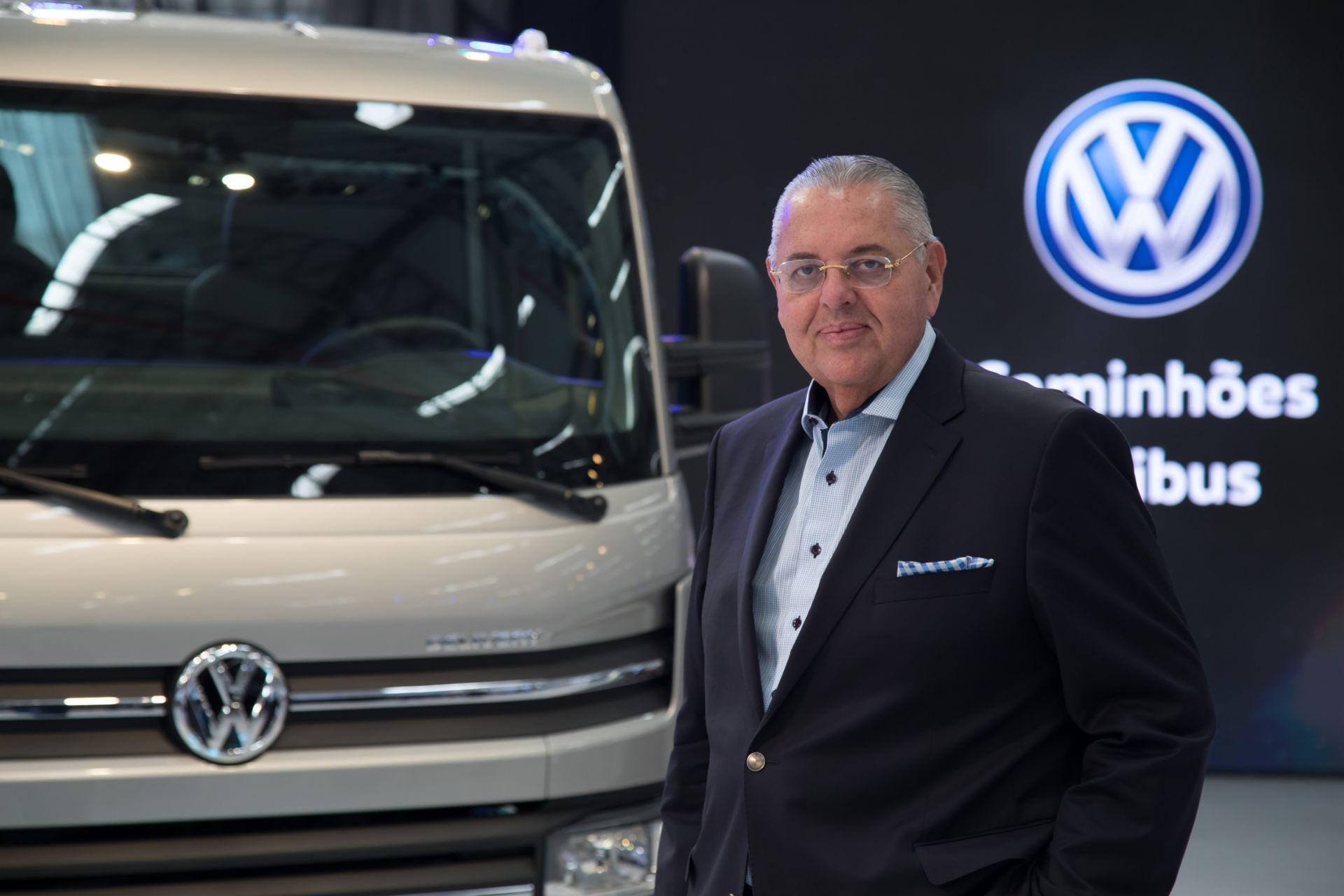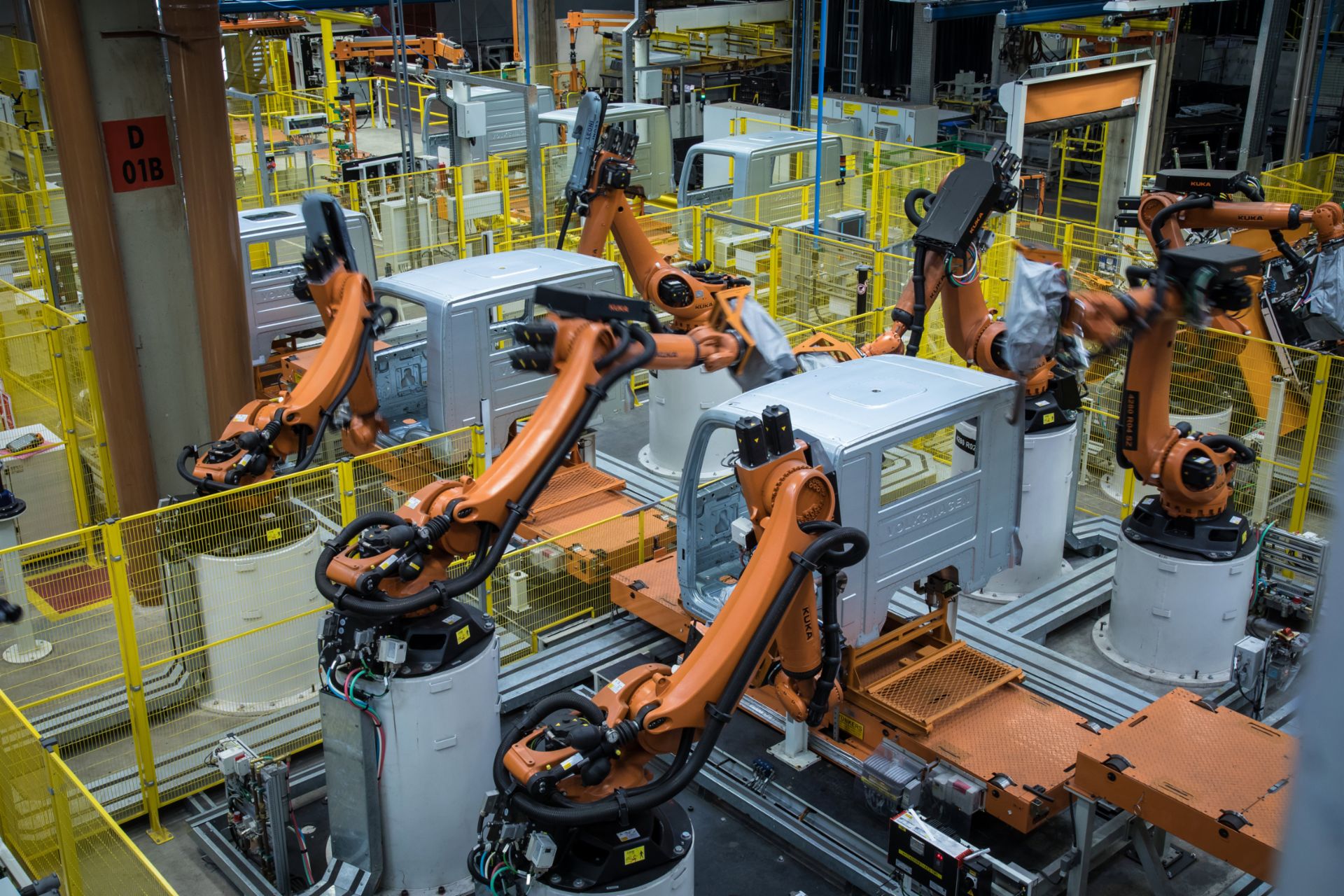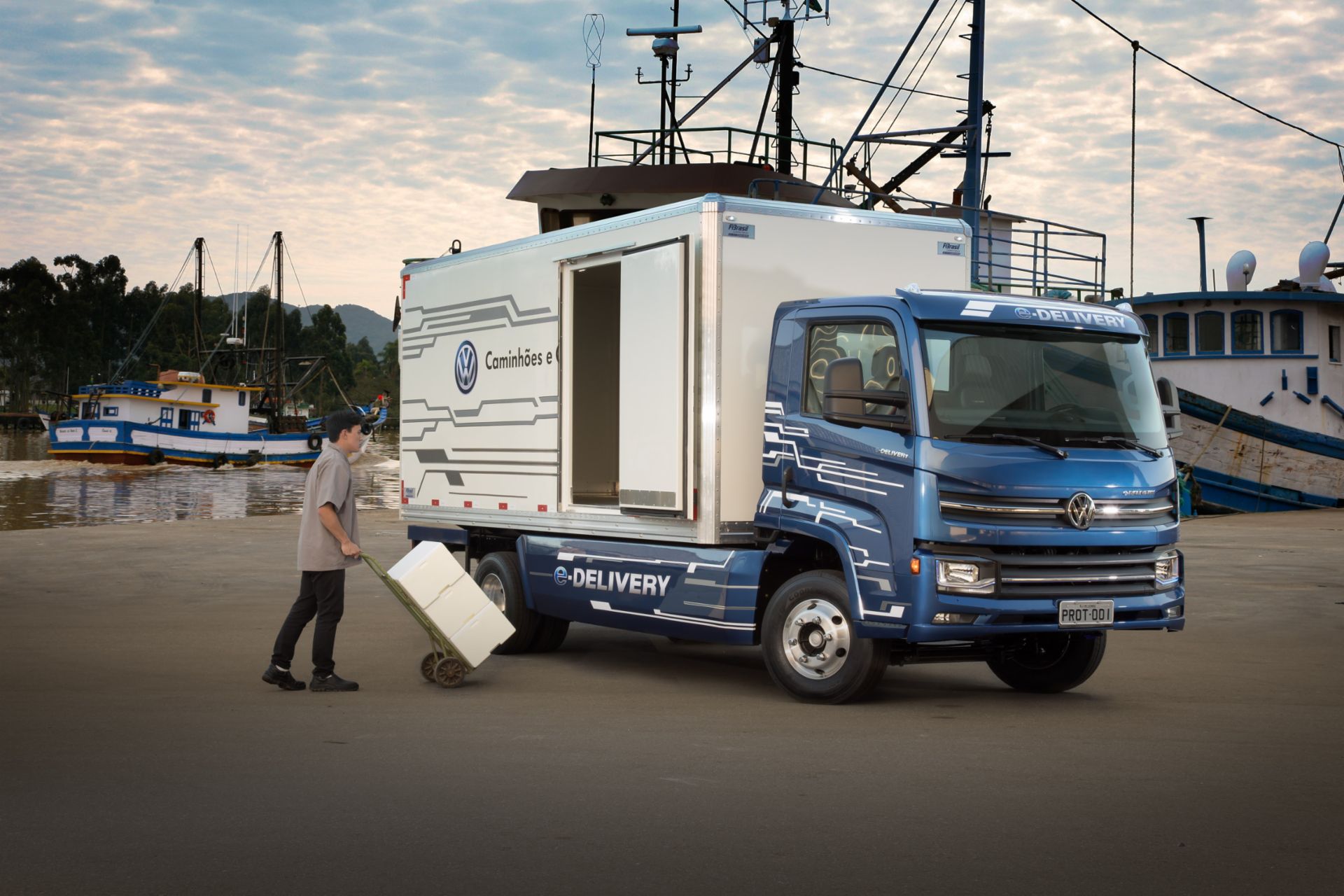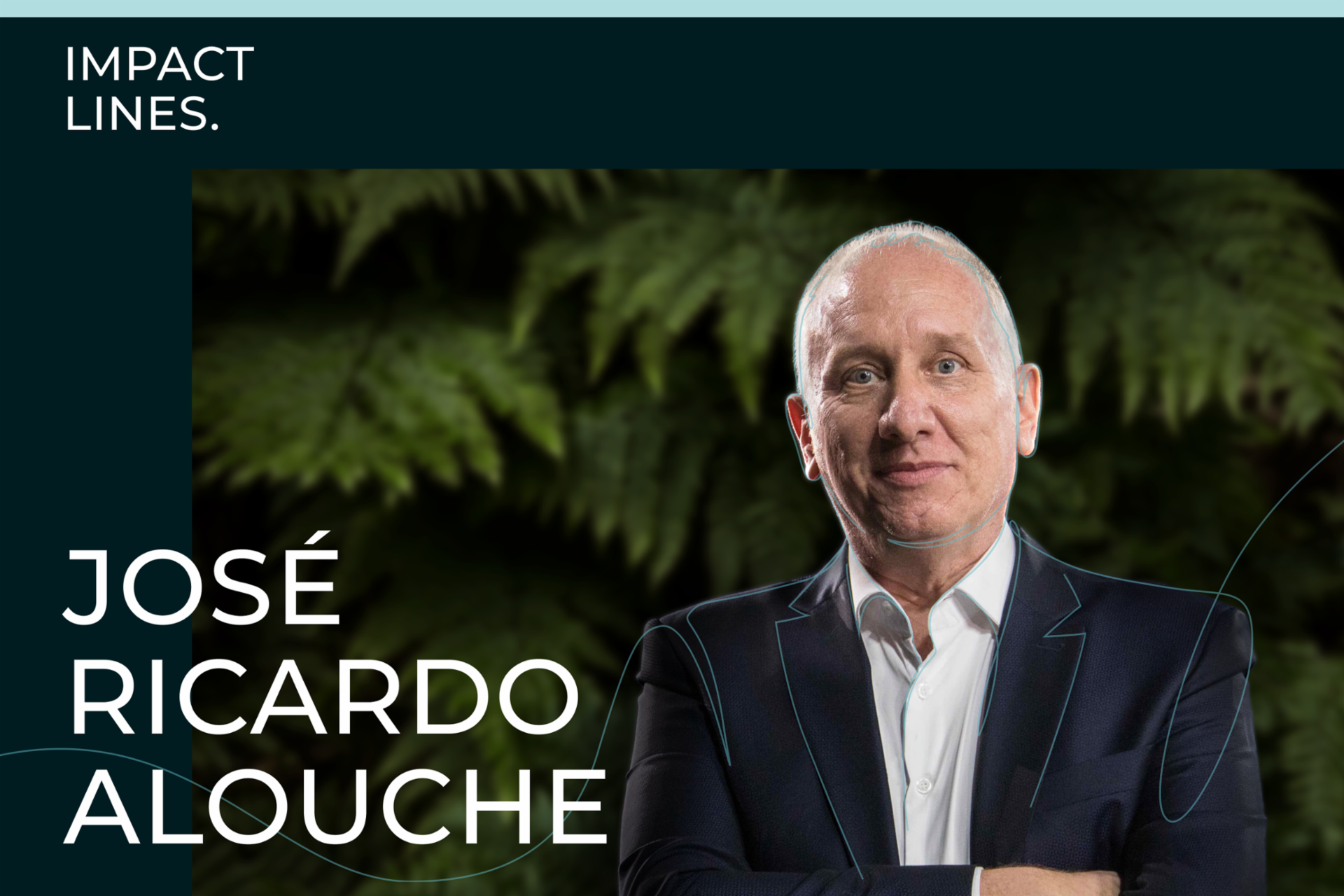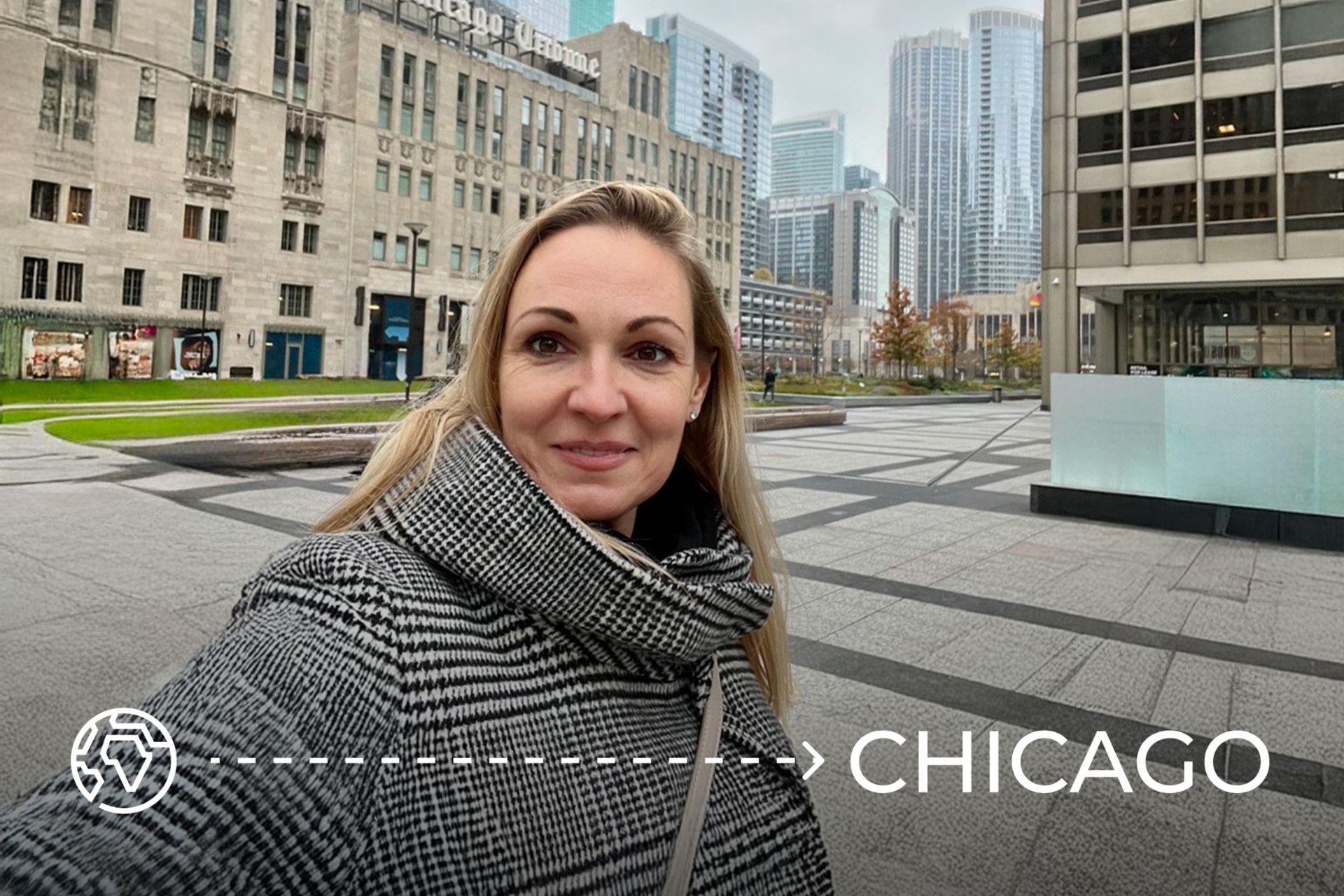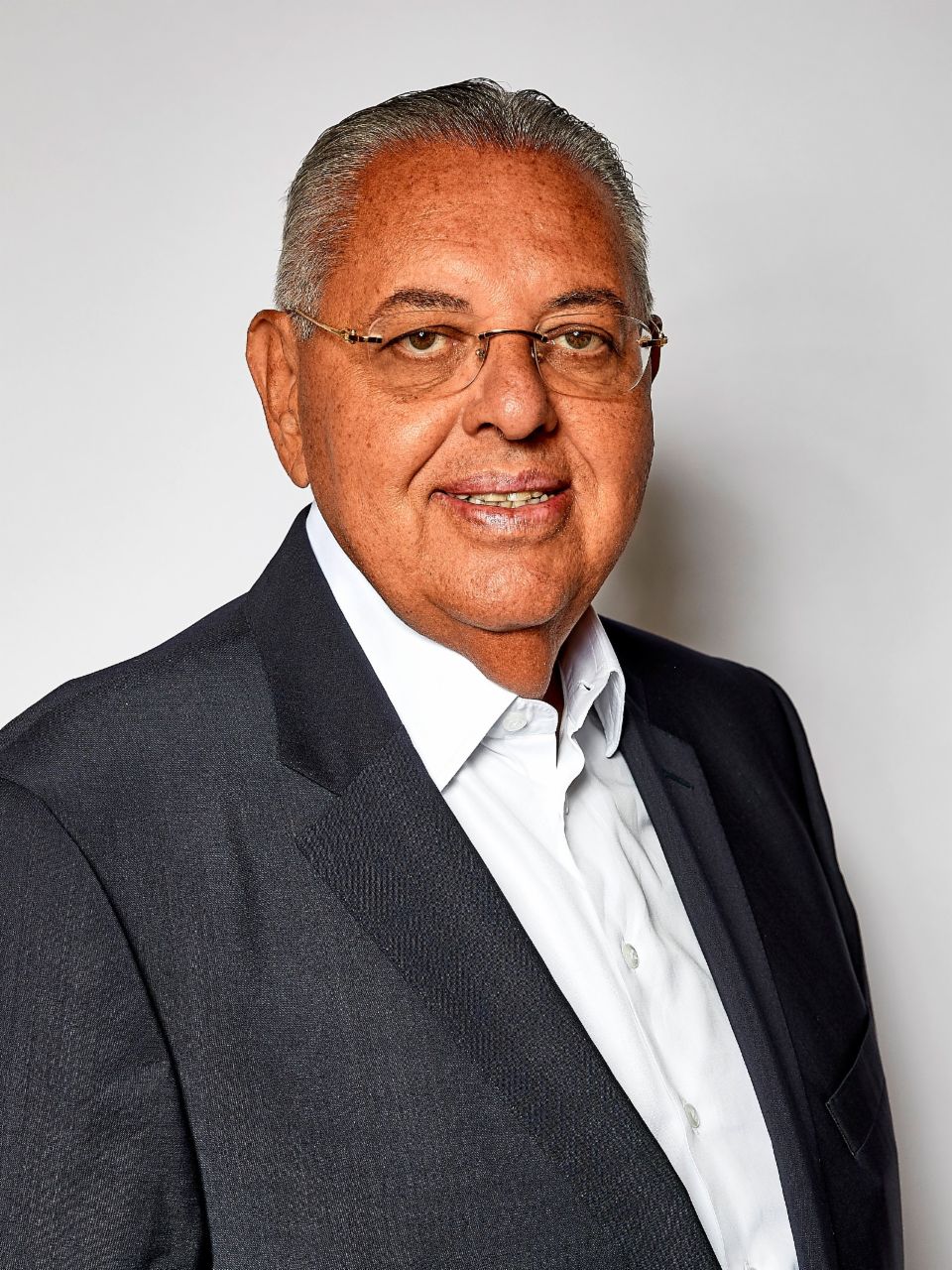
Mr. Cortes, you have been President and CEO of VWCO for over two decades, and you have been with the company for even longer. Do you remember your first days with VWCO?
My career in the automotive sector started as soon as I got my university degree, 42 years ago. Back then, I joined Ford Brasil as a management trainee, where I performed several functions and gained a variety of experience, including moving with my family to work in the USA. Then came Autolatina, a joint venture between Ford and VW in South America. After the end of Autolatina, I spent some time working in Volkswagen’s passenger car operations, and in 1998 my dream came true: I became a trucker. That year I took over the responsibility for the Volkswagen Trucks and Buses operations in the region.
Did you always want to find your calling in the automotive industry? Or did you have a different dream when you were a boy?
Since I was a boy, I dreamed of being a trucker. I loved cars, but trucks were my true passion. Being the CEO of Volkswagen Caminhões e Ônibus is a dream come true. I have always aspired to be a company leader, especially the leader of a truck company.
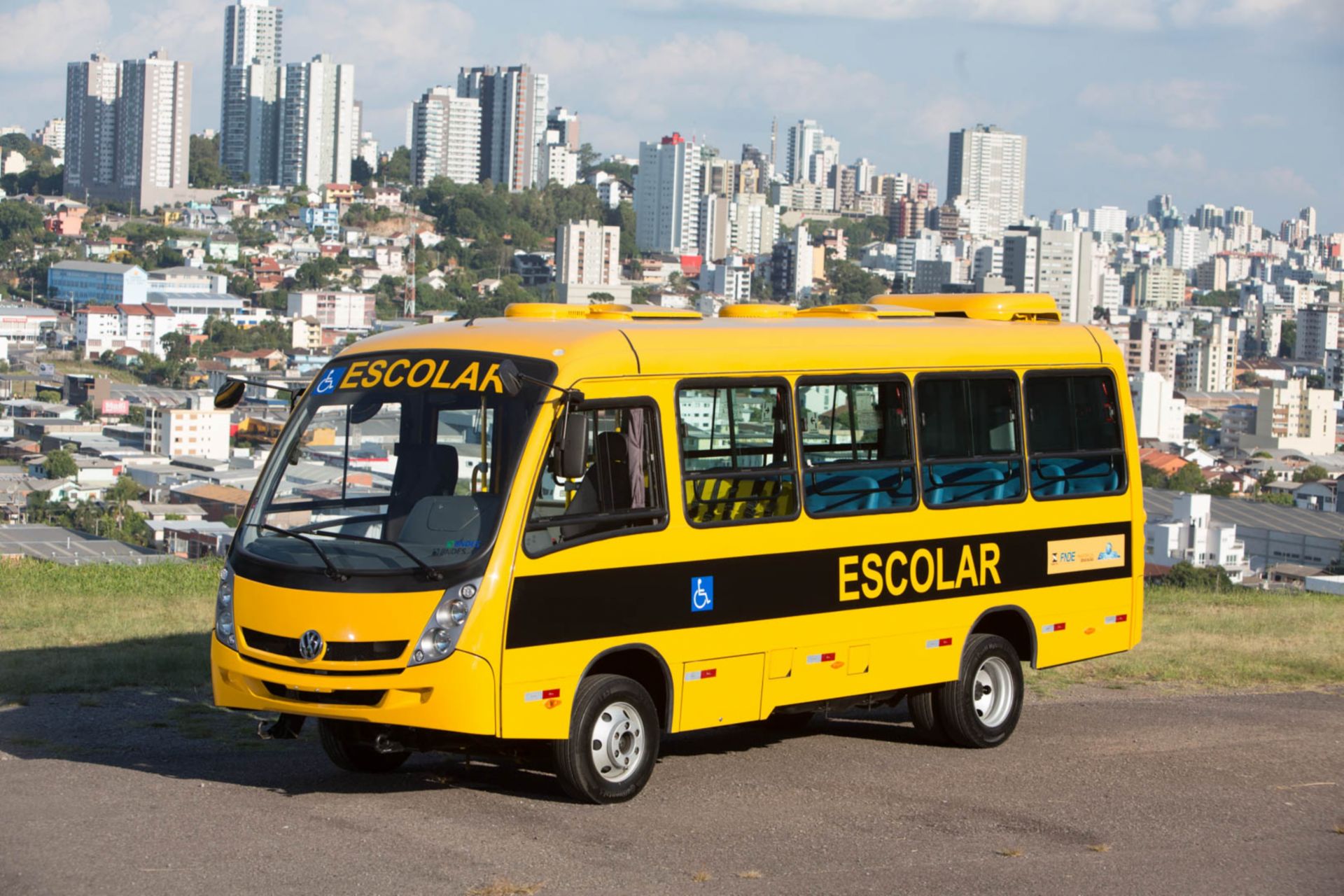
VWCO has come a long way since then. The company has evolved from a new player, from a producer of only two models in 1981, the founding year, to one of South America’s leading truck and bus manufacturers. What has been the key to that success?
Volkswagen Caminhões e Ônibus has always worked hard to achieve its major objectives: to be one of the leaders in the Latin American truck and bus market while relying on the best truck and bus dealer network in Brazil; to have the right products for our markets, following the slogan “less you don’t want, more you don’t need”; to own a state-of-the-art production process — in our case, the Consórcio Modular in Resende; to be a benchmark when it comes to ESG. And so we are: in sustainability, social issues, and governance, with a strong performance in compliance and auditing. It is also part of our goal to have an excellent organizational climate — and to provide a good return to our stakeholders.
Can you remember a crucial moment in the brand’s history that illustrates that dynamic development?
I can remember several! There is no doubt that the most crucial moment for the brand happened in 1996, when the Autolatina joint venture was dissolved. At that time, the VW trucks and buses were produced at a Ford-owned plant. Since Ford took back its assembly line after the split, we ended up without one. We had to build our own truck and bus plant in a hurry, which we managed successfully. Can you believe that the Resende plant was built in just 153 days? Another very important moment happened in 2003. After 22 years of growing in the market, we achieved market leadership in Brazil. A remarkable achievement and a position we maintain to this day. Our participation in the Group IPO was also very important for our brand. I was there at the ceremony two years ago at the Frankfurt Stock Exchange, and had the honor of representing the Volkswagen Caminhões e Ônibus brand and taking part in the business opening ceremony, which included the traditional ringing of the bell!
What were the main challenges in becoming what you are today, a mobility company that offers over 280 product variants and that has produced well over a million trucks and buses in the last 40 years? Brazil and the surrounding regions are not the easiest of markets to conquer, especially for a new player, as Volkswagen proved to be in the beginning…
One of the main challenges for conquering markets was to find the right truck to fit all the needs of developing countries like Brazil. With that in mind, creating the tailor-made and “less you don’t want, more you don’t need” concepts, preserving cutting-edge technologies for our demanding customers. We have our global research and development center for VW trucks and buses at our Resende plant. The success of our sales and our leadership in the market of trucks and buses in over 30 countries are proof of our brand’s creativity, competence, high technology, and reliability.
What kind of trucks and buses does the Brazilian market need? Roads are often not in the best condition, and drivers have to reach very remote destinations spread far and wide…
You’re right. But as described above, our R&D is focused on finding the best transportation solutions even for challenging routes in this country, which is the size of a continent. Almost 90 percent of Brazilian roads are not paved, and even some paved ones require heavy maintenance. But the agricultural business, industry, and commerce are strong, as we remain one of the biggest emerging economies in the world. That is why you can find a VWCO product fit for every need, both here and abroad.
VWCO has often cooperated with other automotive companies. For instance, you have established a Consórcio Modular at the Resende plant. What are the benefits of that particular team play?
The Resende plant made history in the global automotive industry by introducing a modern management concept, unprecedented in the relationship between the manufacturer and its main suppliers: the Consórcio Modular, or Modular Consortium. In this production system, on top of providing their parts and components, suppliers also share with us the responsibility for assembling the vehicles. For us it was essential, to have the direct participation of suppliers by our side, within our plant. They are our partners!
VWCO has also established an e-Consortium with partner companies for the production of the e-Delivery. You could not or would not do it alone?
With the e-Consortium, we went far beyond the production of the e-Delivery: we are the world’s first brand to be offering an electric truck from its assembly to recharging infrastructure and battery life cycle management, leveraging the commitment of the entire supply chain in such an integrated way. The e-Consortium gives us easy access to electric technology in commercial vehicles.
Is that an example of how to work with the great challenges of today, and of the future? E-mobility, autonomous driving, all kinds of digital innovations are shaping the automotive industry of tomorrow, a rather complex and expensive trend…
We don’t do anything alone, of course. We need to pay attention to the demands of the market and know the best suppliers to implement our clients’ requests. I have had the privilege of being at the head of a team, a dream team, that thinks big and has always wanted to see the VWCO brand present all over the world. This spirit, which I call the spirit of champions, helps us a lot in achieving our company’s bold objectives.
In general, what kinds of synergies and strengths do you find in partnerships?
We share investments and technologies and leverage knowledge with the aim of launching the best VWCO products. Suppliers are always by our side. That has been our philosophy since the Consórcio Modular was created 25 years ago.
Today, VWCO is part of a brand consortium — TRATON. What advantages do you see in that partnership?
The brands of the TRATON GROUP are ready to grow together and create synergies in various areas. The Group was established to usher in a new era of transportation, open to change and prepared for the transformation to come.
What kinds of synergies do you hope to extract from — and give to — this partnership?
The focus of all Group companies is on global expansion, cooperation, and leveraging synergies within the Group and with external partners, and also on continuously pursuing new business models.
Imagine the perfect truck of the future: what would that look like?
In a few words: clean, connected, and automated. Certainly a truck that brings together transportation and sustainability. That is why we recently launched our e-Delivery trucks. We are confident that electric propulsion in freight and passenger transportation is the most efficient of all alternatives. Energy efficiency rates above 80% are achieved during the electric cycle, and efficiency in the complete cycle is much higher compared to other options such as fuel cells, for example.
